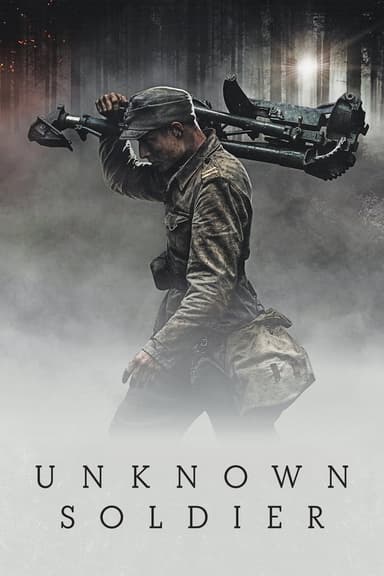
The Legend of the Swordsman
1992 • Action, Adventure, Fantasy • R
Ling Wu Chung decides to hide from the chaotic world. Before leaving, he visits his friends, a tribe of snake-wielding women warriors. However, he finds that the tribe have been attacked, and their leader Yam Ying Ying has been abducted.
Runtime: 1h 47m
Why you should read the novel
If you truly want to experience the rich tapestry of characters and intricate philosophies woven into The Legend of the Swordsman, the source novel *The Smiling, Proud Wanderer* by Jin Yong is indispensable. The novel dives deeper into themes of loyalty, honor, and the intricate dynamics of martial arts sects, giving every character complexity and nuance the film simply cannot capture in two hours. Jin Yong’s masterful storytelling immerses you in the grandeur of classic Chinese literature and the exhilarating world of wuxia, where the fate of nations can hinge on a single sword stroke.
Unlike the movie adaptation, the book allows ample space for you to witness Linghu Chong’s personal struggles and philosophical development. As you follow him through betrayals, friendships, and existential dilemmas, you’ll gain a profound understanding of his inner world and the moral questions underpinning every choice he makes. Jin Yong’s writing draws you into Linghu Chong’s journey, making his triumphs and sorrows resonate on a deeply personal level.
Reading the novel is not only about appreciating a timeless Chinese literary masterpiece, but also about experiencing a meticulously crafted universe that dwells on the intricacies of human nature. By delving into the original text, you’ll discover layers of meaning, emotional richness, and historical context that make the narrative far more rewarding and immersive than any on-screen adaptation can offer.
Adaptation differences
One of the primary differences between The Legend of the Swordsman and Jin Yong’s *The Smiling, Proud Wanderer* is the simplification of the plot. The film condenses a lengthy and complex storyline, omitting numerous subplots, characters, and the intricate political intrigue that define the original novel. As a result, the movie’s narrative feels much more straightforward and action-driven, prioritizing visual spectacle over depth.
The film also takes considerable liberties with the characterization, most notably with Dongfang Bubai. In Jin Yong’s book, Dongfang Bubai is a cunning and enigmatic antagonist whose actions are rooted in the struggle for power within the Sun Moon Holy Cult. The movie, however, gives the character a much more prominent and stylized role, significantly altering the presentation and dynamics—especially regarding Dongfang Bubai’s relationship with Linghu Chong, which the film romanticizes in a way absent from the novel.
Furthermore, the philosophical undertones that permeate the book are largely downplayed in the adaptation. In the novel, themes such as the value of true freedom, the hypocrisies of martial arts sects, and the quest for individual enlightenment are explored in depth. The film, focusing on rapid pacing and dramatic set pieces, only briefly touches on these intellectual and ethical conflicts, sacrificing them for entertainment value.
Lastly, many key supporting characters from the book are either omitted or assigned reduced roles in the movie. This results in a diminished sense of the sprawling martial world (jianghu) that Jin Yong so carefully constructs. Readers of the novel are treated to the intricacies of various sects and their interplay, bringing to life a much broader and more dynamic setting than what is glimpsed in the film adaptation.
The Legend of the Swordsman inspired from
The Smiling, Proud Wanderer
by Jin Yong


